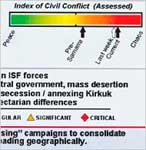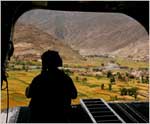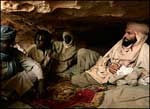The Moscow Times:
The distributor, 20th Century Fox in Russia, can appeal the agency’s decision in court, Vasyuchkov said, adding that he had never heard of a non-pornographic movie being banned. Hundreds of hard-core pornographic movies are currently licensed by the agency for distribution.
“We got the news today,” said Nikolai Vorunkov, deputy general director of Gemini Marketing, the movie’s distributor in Russia and a subsidiary of 20th Century Fox. Vorunkov said he remained hopeful that a solution could be found.
“There was some kind of explanation that the movie might create tension between races and nationalities because of its far-from-simple humor,” said Vorunkov, adding that the movie was now unlikely to open before the New Year — if ever.
The film can be downloaded illegally on the Internet, however.
Here.

























